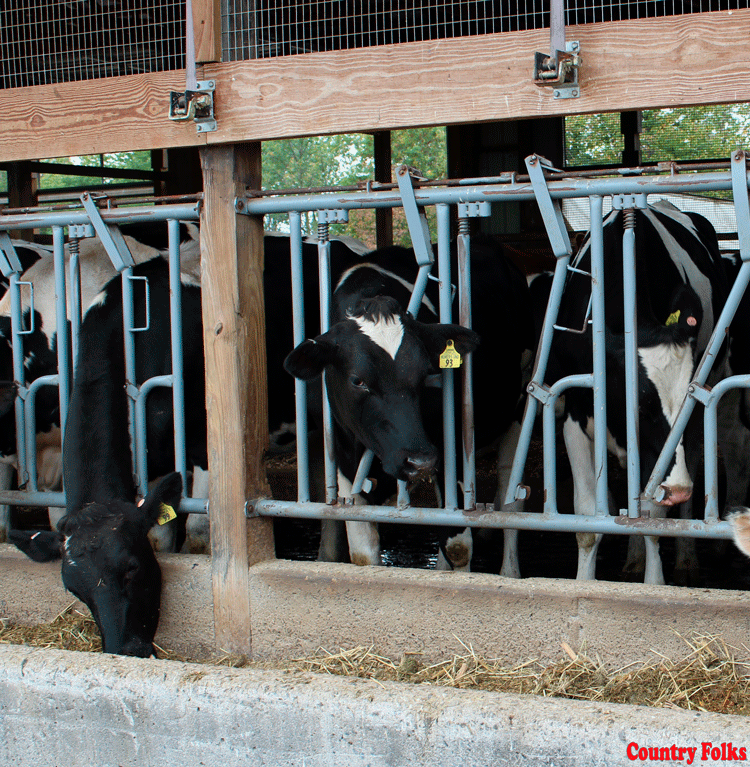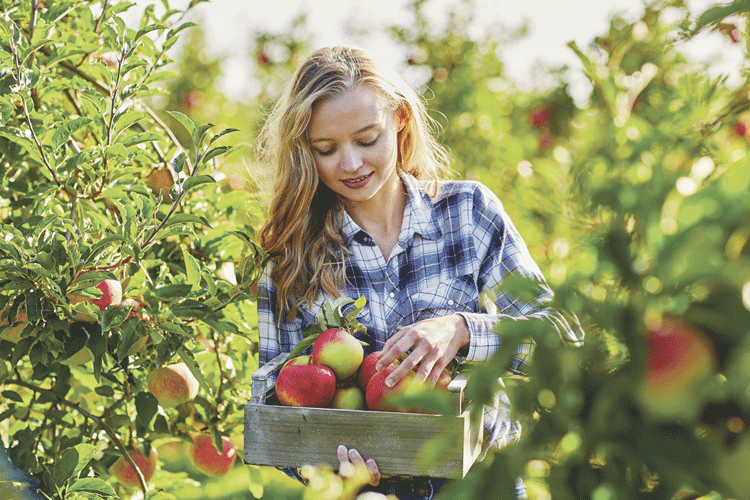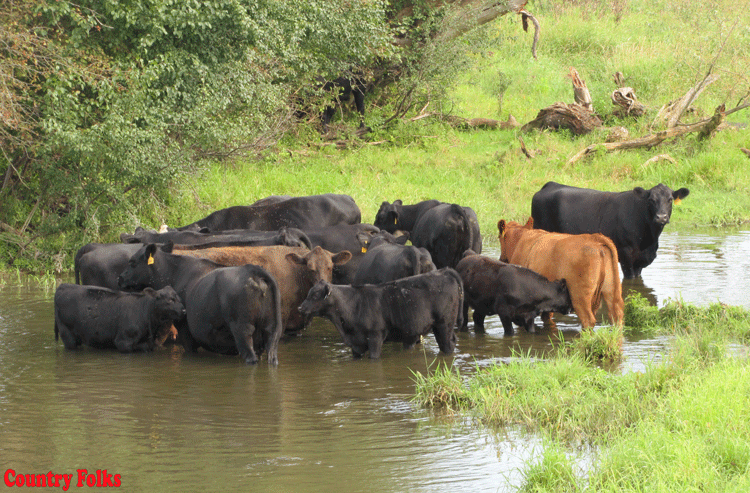 by Sanne Kure-Jensen
by Sanne Kure-Jensen
At Natural Roots Farm in Conway, MA, David Fisher and Anna Maclay use a five-part fertility program to raise every plant, farm animal and person in optimal health and vitality. They nourish land with animal manure-based compost, mineral amendments, seed inoculants, green-manure crops and rotationally-grazed animals. By enhancing soil fertility, these farmers improve their food’s nutritional content while raising the farm’s long-term sustainability. This spring, Fisher shared his experience with NOFA/RI Advanced Grower Workshop participants held at URI.
Fisher, Maclay and their two children raise 3.5 acres of produce for 200 CSA shareholders and another 3.5 acres of soil-building crops. Fisher focuses on biological fertility, intensive cover cropping and weed control.
Fertility (Biological and Mineral)
Fisher routinely gets his soil tested. The test results determine the appropriate mineral-based fertilizers needed. Fisher recommended that whatever lab farmers use, they should keep using the same lab for helpful year-to-year comparisons.
Forage blends are seeded in fallow fields. A portable electric fence and solar charger allow rotational grazing for optimal animal nutrition and to enhance soil fertility. Meat birds or layers follow horses in their field rotations. Chickens get supplemental grains, which add soil nutrients. Poultry scratch up horse manure, speeding breakdown and soil nitrogen absorption.
Transplants receive a biological liquid drench via Fishers custom-adapted, horse-drawn water wheel transplanter. This reduces transplant stress and offers a fertility boost. Every two weeks, Fisher delivers a foliar spray or liquid fertilizer side-dressing with micronutrients appropriate to his soils and crop needs. “Foliar feeding can be up to ten times more efficient than feeding crops through the soil,” said Fisher. The biologically active foliar spray helps bacteria and fungi outcompete with pathogens on leaf surfaces.
Horses spend 12 hours per day in stalls or at work. Manure and bedding are collected from the stalls and carefully blended with other farm waste into compost. Farm staff poke holes in compost piles and add grain. The farm hogs’ rooting action turns the compost. Compost is spread with a 4 ft. wide manure spreader on every field in the fallow year. This narrow spreader does not contaminate nearby crop rows. Minerals can be layered in the spreader with compost for single-pass efficiency. “The whole crop jumps up at once after this treatment,” said Fisher.
Cover Cropping
Extensive and intensive cover cropping breaks weed, pest and disease cycles and builds fertility and resilience. Crop rotations with cover cropping change plant families. Removing pests’ favorite host plants greatly reduces pest numbers and risks to subsequent plantings.
At riverside or floodplain farms like Natural Roots Farm, cover crops provide crucial erosion control and capture sediments during floods. Fisher plants cover crops between vegetable crops during his last cultivation — just before plants close the row spaces.
Winter Rye and Hairy Vetch are clipped in early May causing tillering and additional shoots. The denser top growth shades out weed seeds and perennial weeds as well as offering additional nutrients when turned under. Rye should be allowed to flower for maximum nutrition yield. “When you see yellow clouds over the rye field, it is time to cut the rye to kill it,” Fisher said. Do not let it go to seed, or rye will become a weed. He recommends cutting all weeds when blooming before seed set.
Weed Control
Reducing weeds and preventing new weed seeds lowers future labor efforts and farmer stress. Lower weed competition reduces plant stress while increasing harvest quality, efficiency and yield. During some years, Fisher will allow some fields to be fallow from early June to mid-July. Stale seed bedding with weekly cultivation exhausts the weed seedbed.
Draft Horses
Fisher manages 15 acres of hay and pastureland to feed his working herd.
The workhorses strengthen the vitality of the farm, offering tremendous power, sharp minds and fluid grace compared to the tractor they have replaced. The horses help with heavy plowing, delicate cultivating, hauling harvests, offering visitor’s hayrides, digging potatoes, as well as mowing and harvesting their own hay and grain. During winter months, Fisher uses his horses for low-impact logging and snow plowing. Their manure enriches soils; they tread lightly and do not cause soil compaction like tractor wheels.
Horses are essentially solar-powered. They run on grass, hay and oats, which they help grow and harvest. The farm produces all the hay needed for the horses, stored loose in the barn or in outdoor stacks. Using horses minimizes a farm’s carbon footprint; they deliver living, clean and sustainable energy.
CSA, You-Pick and Farm Store
Farm shares are available from early June through the end of October. The farm offers low-income shares and installment payment options to make farm produce accessible to everyone. Surplus crops are donated to local people in need. The farm offers You-Pick perennial herbs, peas, beans, cherry tomatoes, sunflowers, raspberries and blueberries. A farm store offers vegetables, fruits, eggs, meat, cheese, yogurt, bread, honey, maple syrup, miso, pickles and krauts, kombucha, dressings, salsa and cookbooks.
Learn more about Natural Roots Farm at www.naturalroots.com or email David Fisher or Anna Maclay at csa@naturalroots.com or naturalroots@verizon.net.










Leave A Comment